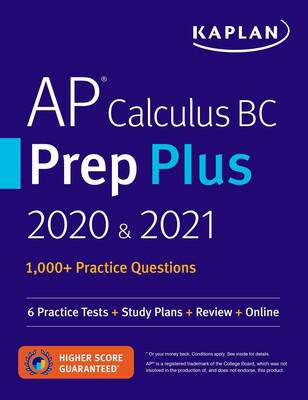

Is self-publishing or traditional publishing right for you? Sometimes the author pays a smaller fee upfront, but if a book doesn’t hit a sales target within a specified period, a clause kicks in that requires them to either make up the difference or pay back the production costs.

Self-publishing companies to avoid often do the following: That’s not the same as it being actively sold into stores. Usually, this means that they'll list your book with a wholesaler, like Ingram - which means that booksellers can order it. Vanity presses will often infer that they can sell your book to major chains.

They will happily work on titles they believe won’t sell.

Their end customer is the author who’s willing to pay for services like editing and design. Here’s the ugly truth: Vanity presses don’t rely on book sales to pay the bills. Notice how, at no point in this process, the author hands any money to the publisher? Vanity presses, on the other hand, will not only not offer an advance, but they will also play on the vanity of authors in order to make them bear some (or all) of the costs of publishing. Once the book is published, the author will receive a royalty of every copy sold (after the author’s total royalties have covered the advance). The publisher will then cover the costs of editorial, design, and marketing. Most reputable publishers share the same business model: the publisher acquires the rights to publish and distribute the book by paying the author an advance.


 0 kommentar(er)
0 kommentar(er)
